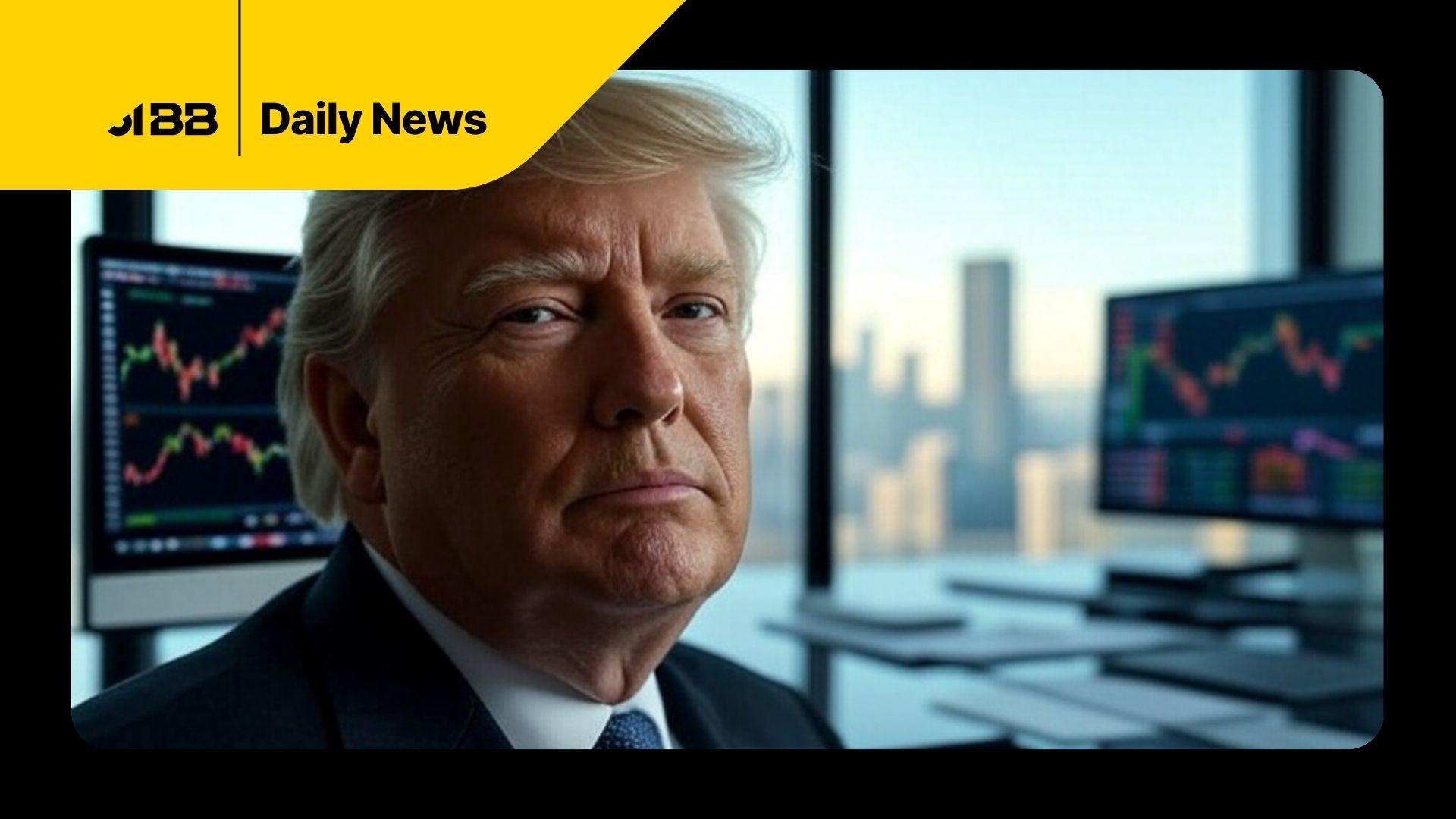Maxine Waters Proposes Bill to Halt Trump’s “Crypto Corruption”
U.S. Crypto Momentum Accelerates as Strategy Inc. Unveils $2.1B Bitcoin-Focused Stock Offering, Trump Faces Scrutiny Over Memecoin Ties, CFTC Signals Approval for Perpetual Futures, and Major Banks Explore Stablecoin Launch Amid Regulatory Push.

Because Bitcoin
May 23, 2025
Strategy Inc. Launches $2.1 Billion Preferred Stock Sale to Fuel Bitcoin Purchases and Corporate Expansion
Strategy Inc. (MSTR) announced a $2.1 billion at-the-market (ATM) offering of its 10% Series A Perpetual Strife Preferred Stock, priced at $0.001 per share. The company plans to use proceeds for general corporate purposes, including acquiring Bitcoin and funding working capital. The offering, set for May 22, will occur under a shelf registration effective January 27, 2025. Following the news, Strategy shares rose 1.67% in pre-market trading to $409.41 on the Nasdaq.
Maxine Waters Proposes Bill to Halt Trump’s “Crypto Corruption” Over Memecoin, Stablecoin, and BTC Ties
U.S. Representative Maxine Waters announced plans to introduce the “Stop TRUMP in Crypto Act of 2025,” a bill aimed at preventing President Donald Trump, top officials, and their families from engaging in what she calls “crypto crime.” The legislation responds to Trump and his family’s increasing involvement in cryptocurrency, including launching a memecoin, USD1 stablecoin, and backing a national Bitcoin reserve and mining initiative. Waters accused Trump of using the memecoin project to enrich himself and potentially sell influence to foreign nationals.
The announcement coincided with a controversial May 22 dinner event for top TRUMP memecoin holders, which included a “VIP Tour” and reportedly drew foreign participants like Justin Sun and other prominent crypto figures. While the White House denied hosting the event, criticism continues to mount over its potential ethical and national security implications. Lawmakers and media outlets have demanded more transparency, especially given that Trump-connected entities control 80% of the memecoin’s supply.
Regulatory Green Light for Crypto Perpetual Futures in the US May Be Imminent, Says Outgoing CFTC Commissioner
Outgoing CFTC Commissioner Summer Mersinger stated in a Bloomberg interview that crypto perpetual futures contracts could receive regulatory approval in the United States “very soon.” These products, which allow leveraged trading without expiry, are currently only available on offshore exchanges like Binance and Bybit. Mersinger emphasized the benefits of bringing such trading back onshore, noting that it would enhance market integrity and benefit the broader crypto industry. She also highlighted the GENIUS stablecoin bill’s progress as a sign of growing recognition of crypto’s staying power. Mersinger is set to leave the CFTC at the end of May and become the new CEO of the Blockchain Association on June 2, where she aims to continue advocating for the industry.
Major U.S. Banks Weigh Stablecoin Launch as BTC, ETH Adoption and Crypto Regulation Advance
Top U.S. banking giants—including JPMorgan, Bank of America, Citigroup, and Wells Fargo—are in early discussions to jointly launch a stablecoin, according to the Wall Street Journal. The project may involve fintech firms like The Clearing House and Zelle’s parent company, Early Warning Services. While still in its formative stages, the initiative reflects the increasing institutional push into crypto as legislation like the GENIUS Act gains momentum in Washington.
The GENIUS Act, currently progressing through the Senate, aims to regulate stablecoins by requiring full U.S. dollar backing, annual audits for large issuers, and transparency for foreign-linked operations. The regulatory momentum comes amid broader institutional interest in crypto, with rising support for assets like BTC and ETH. Still, political hurdles remain, as some lawmakers call for scrutiny of President Trump’s crypto affiliations before finalizing the bill.
Resources:

